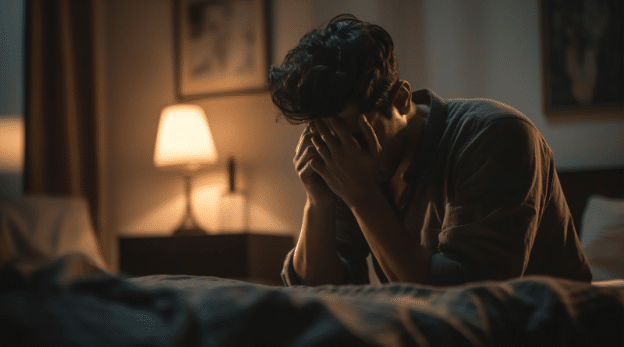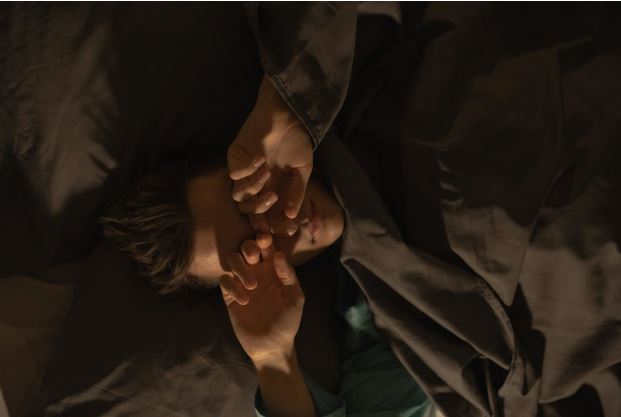
- Depression, Psychiatrist in Inglewood
- 0 Comments
Psychiatrist Inglewood, Los Angeles County, CA – Silence to Support: Psychiatric Help for Depression
Depression is one of the most common—yet often misunderstood—mental health challenges today. It goes far beyond fleeting sadness and can profoundly affect how individuals relate to themselves, their loved ones, and the world around them. Mental wellness is becoming a priority in Inglewood, Los Angeles County, CA, where community strength meets cultural vibrancy. Recognizing the […]
Read More





